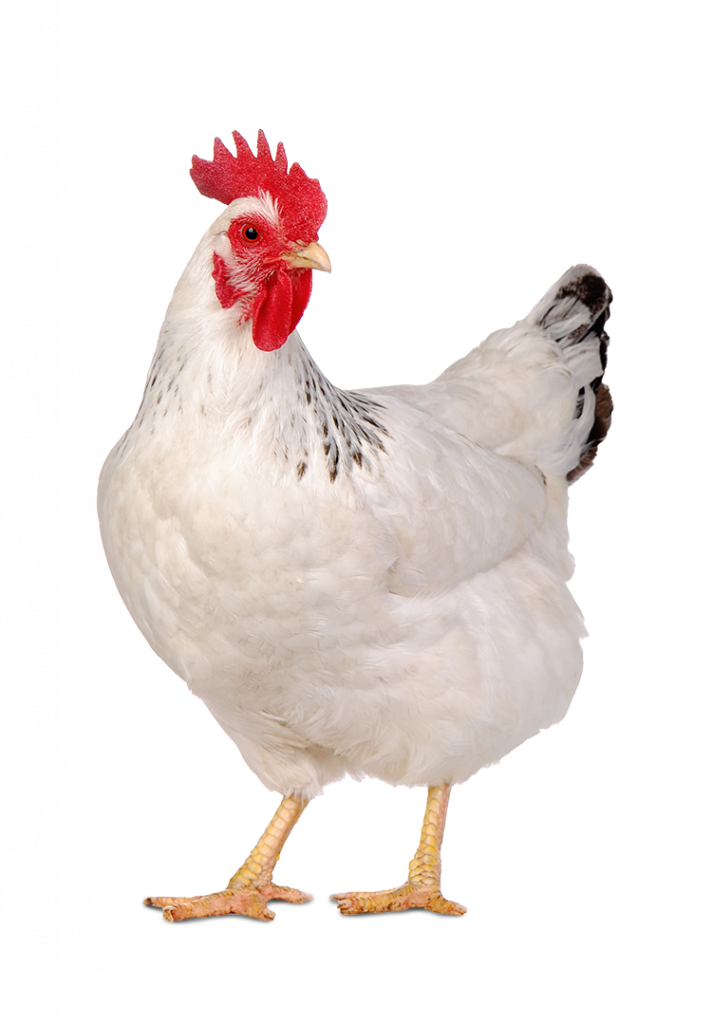ALL chickens SHOULD BE EXAMINED by a veterinarian
ANNUALLY.
This allows the caring team at Broomfield Veterinary Hospital to ensure they’re healthy and provide treatment options if they’re not.
or call us at (303) 466-1764.

What to Expect
Having your chicken examined at least once a year by a veterinarian is a great way to help them live a healthy life. Here at Broomfield Veterinary Hospital, the standard comprehensive wellness exam for chickens is similar to that of other birds we see. It includes an assessment of the head, neck, eyes, nostrils, mouth, earlobes, feathers, pubic bones, legs, and feet. We also recommend an annual fecal exam to check for internal parasites.
If you’re a new chicken owner and unsure if your pet needs to be seen before their annual exam, the following is a list of signs to look out for:
- Appearing uncomfortable, fluffed, or quieter than usual.
- A decrease in or complete lack of appetite.
- A reduction in egg production.
Give us a call if you notice any of these signs, and we’ll be happy to set up an appointment for you.
Caring for Your Chicken at Home
While the annual physical exam at Broomfield Veterinary Hospital can help you be proactive about your chicken’s health, it’s also important that you provide them with specialized care at home. The following guidelines can help with prioritizing the various requirements of caring for a chicken:
Diet
Your chicken’s diet should consist of pellets (75%) as well as fresh green vegetables and fruit (25%) like kale, lettuce, cucumbers, strawberries, and blueberries. For the pellets, we recommend Harrison’s Organic Chicken Food. If you’re unsure whether a specific fruit or vegetable is safe for your chicken, feel free to ask us.
Vaccinations
Chickens are at risk for a highly contagious illness called Marek’s disease, which can be fatal. We recommend only obtaining chickens from hatcheries which vaccinate against Marek’s disease.
Housing/Coop
Your chicken’s coop should be spacious, easy to clean, screened, and well-ventilated. It should also provide safety from predators and be cleaned regularly. Ideally, the litter should consist of pine wood shavings, but straw or shredded newspaper is also acceptable.
If you have any questions about caring for your chicken, including tips for laying hens, we’ll be happy to discuss them with you at your next visit.


